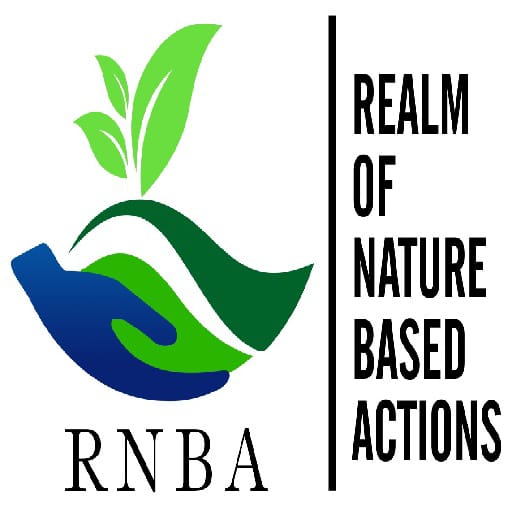Food Production and farming, of late is getting increasingly challenging. The transitional tension between traditional and modern practices, threats of climate-change and market influence along with the access and control issues over land and inputs is making farming more risky in the hills and valleys of Manipur.
Hill areas are now witnessing increasing deforestation, loss of biodiversity, soil erosion with fast changing land uses. This has also led to reduced availability of local food/nutrition especially from forest ecosystems, resulting in increasing `dependence on market for food and nutrition.
Overall, evolving food production and farming system in Manipur triggers a trend towards losing local control of small farmers and women (over land, input and knowledge), degrading biodiversity and resilience, dying traditional and local wisdom
To ensure food sovereignty, to provide our hill and valley farmers and communities options for eco-friendly and sustainable ways of managing their natural resources, for enhanced resilience to climate change and market induced aberrations, RNBA introduced adoption of agro-ecological approaches to our hill and valley farmers and communities.
RNBA designed the objective with the expectation to enhance production of local foods/ traditional high value crops for market and income, with prioritized involvement of women through collectives (SHGs).
